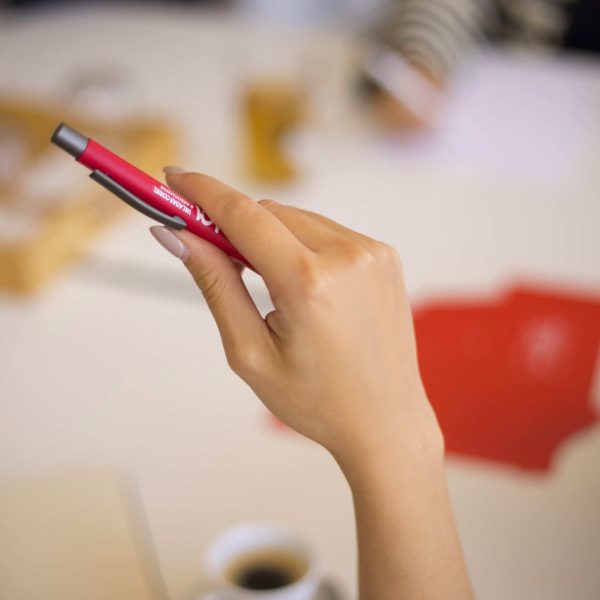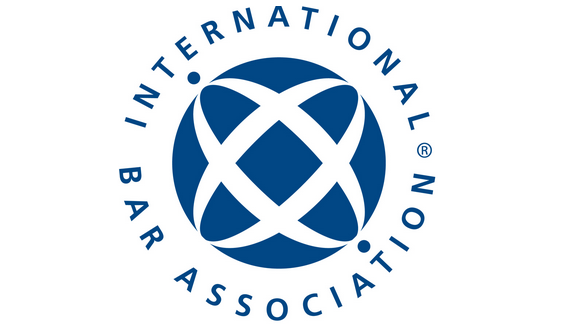Nintendo is once again at the center of controversy regarding intellectual property protection in the video game industry.
This time around the dispute revolves around Nintendo’s lawsuit against Pocketpair, the studio behind the development of Palworld, a game often described as “Pokémon with guns” that combines creature-catching mechanics, exploration, and combat. The game has drawn extensive comparisons to the Pokémon franchise, raising legal concerns.
A key legal aspect of this case, which has been filed in the Tokyo District Court, lies in Nintendo’s focus on patent infringement rather than copyright claims.
Rather than relying on copyright protections, Nintendo has structured its case around patents associated with game mechanics, a strategic choice that underscores the complexity of intellectual property law in the gaming industry. This approach highlights the legal advantages of patent registration as a tool for protecting game mechanics rather than just creative assets.
Nintendo alleges that Pocketpair’s capture, training, and combat mechanics infringe on specific patents related to the Pokémon series, which are deemed crucial to the franchise’s success.
Although many have pointed out visual similarities between Palworld and Pokémon, Nintendo’s legal strategy is built on the following key arguments:
- Distinct Visual Designs – Pocketpair could argue that their creature designs are unique and that any similarities stem from common inspirations within the genre rather than direct copying. If the lawsuit were based on copyright and failed, it could undermine Pokémon’s ability to protect its own designs.
- Industry Precedents – Over the past few decades, numerous games have drawn strong inspiration from Nintendo’s Pokémon franchise without triggering lawsuits. This suggests that Nintendo is selectively enforcing its rights, which could complicate a copyright-based claim.
- Patent Portfolio Strength – Nintendo holds a broad portfolio of registered patents, giving its case stronger legal footing, regardless of the visual similarities between Pokémon and Palworld.
- Patent-Based Legal Certainty – Patent disputes rely on technical analyses of game mechanics, providing greater legal predictability than subjective debates over aesthetic originality and creativity.
Regardless of the outcome, this case reinforces Nintendo’s insistence on patent registration as a means of protecting gameplay mechanics in video games.
However, should Nintendo lose the lawsuit, it could set a major precedent that expands competition in the gaming industry. Such a ruling could open the door for greater innovation and less restrictive legal interpretations in one of the most profitable sectors of the entertainment industry.
Intellectual Property Department
João Valadas Coriel | António Vieira













